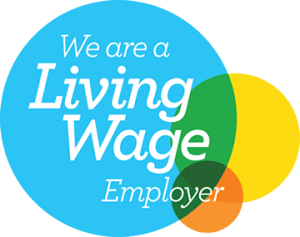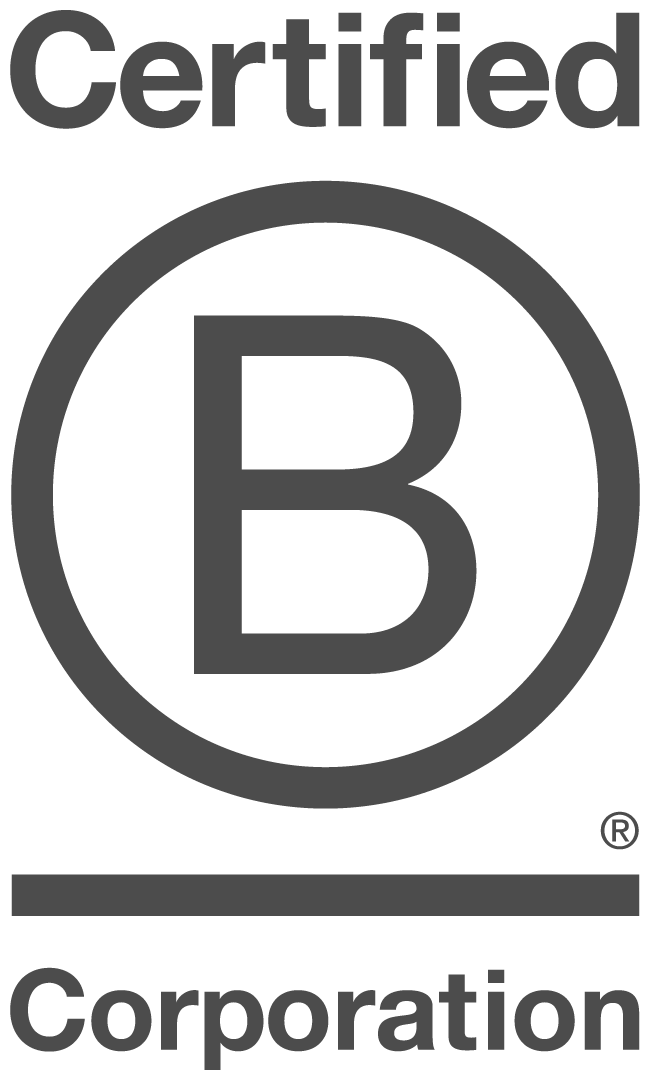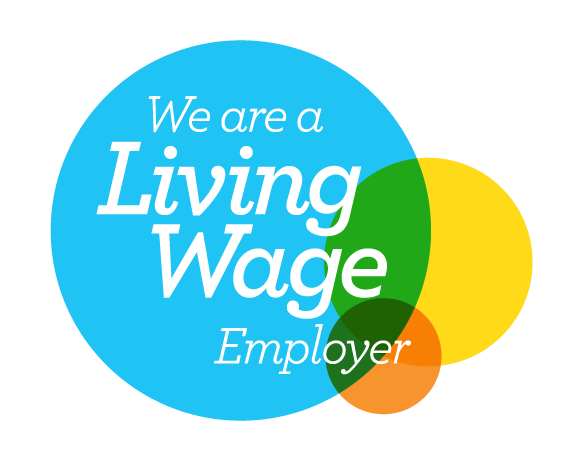What is Net Zero? Tackling the climate disaster
What does 'Net Zero' mean?
Net Zero refers to reducing scope 1, 2, and 3 emissions to zero, or to a residual level, that is consistent with reaching net-zero emissions at the global or sector level in eligible 1.5°C-aligned pathways.1 This is while neutralising any residual emissions at the net-zero target year and any greenhouse gas emissions released into the atmosphere thereafter. As defined by the Science Based Target initiative’s Net Zero Standard.


How did Net Zero come about?
As a result of extreme weather we’ve faced across the world in recent years, from UK flooding to Australian bush fires, there’s little argument against the fact we’re in a climate emergency. With scientific evidence showing that greenhouse gas (GHGs) emissions, generated from human activity has contributed heavily to our climate changing. 2
In order to battle this problem, June 2019 saw the UK become the first major economy to pledge to net zero emissions by 2050. In other words, a goal to reduce greenhouse gas emissions by 100%. 2
Why Net Zero by 2050?
The year 2050 was seen as the first realistic date to achieve net zero emissions, taking into account the impact on the economy as well as the urgent need to take action.
If other countries follow in the UK’s footsteps to reach net zero by 2050, there would be a 50% chance of escaping a ‘catastrophic’ 1.5oC temperature rise by 2100, according to the Committee on Climate Change. 2
Why are some organisations targeting Net Zero by 2030?
The longer you wait to reach net zero, the more emissions are released into the atmosphere, and the more the climate will change.
Higher levels of GHGs in the atmosphere will require extreme action to reach net zero targets and keep global warming below a 1.5/2°C increase from pre-industrial temperatures (the 2015 Paris Agreement goal).
This is why reducing emissions sooner (like 2030) rather than later is preferable: so that we can reach net zero in the least damaging pathway possible.
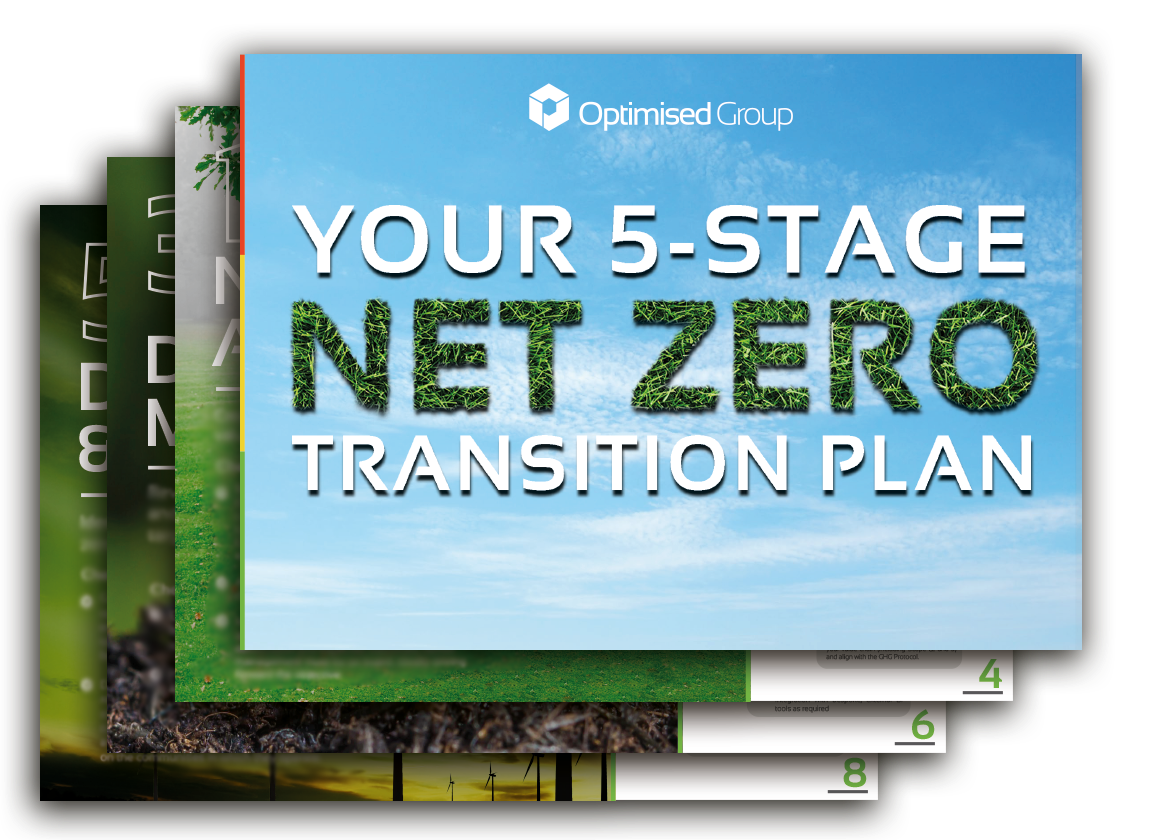
HOW CAN YOU MAKE A START TO NET ZERO?
We have developed a simple, 5-point net zero transition plan, to help businesses implement a credible, while cost-effective, net zero strategy.
What is net zero - Net Zero 5 Stage
Thank you for downloading our 5-Stage Net Zero Transition Plan.
For more information, please contact us at hello@theoptimisedgroup.com.
Please try again later.
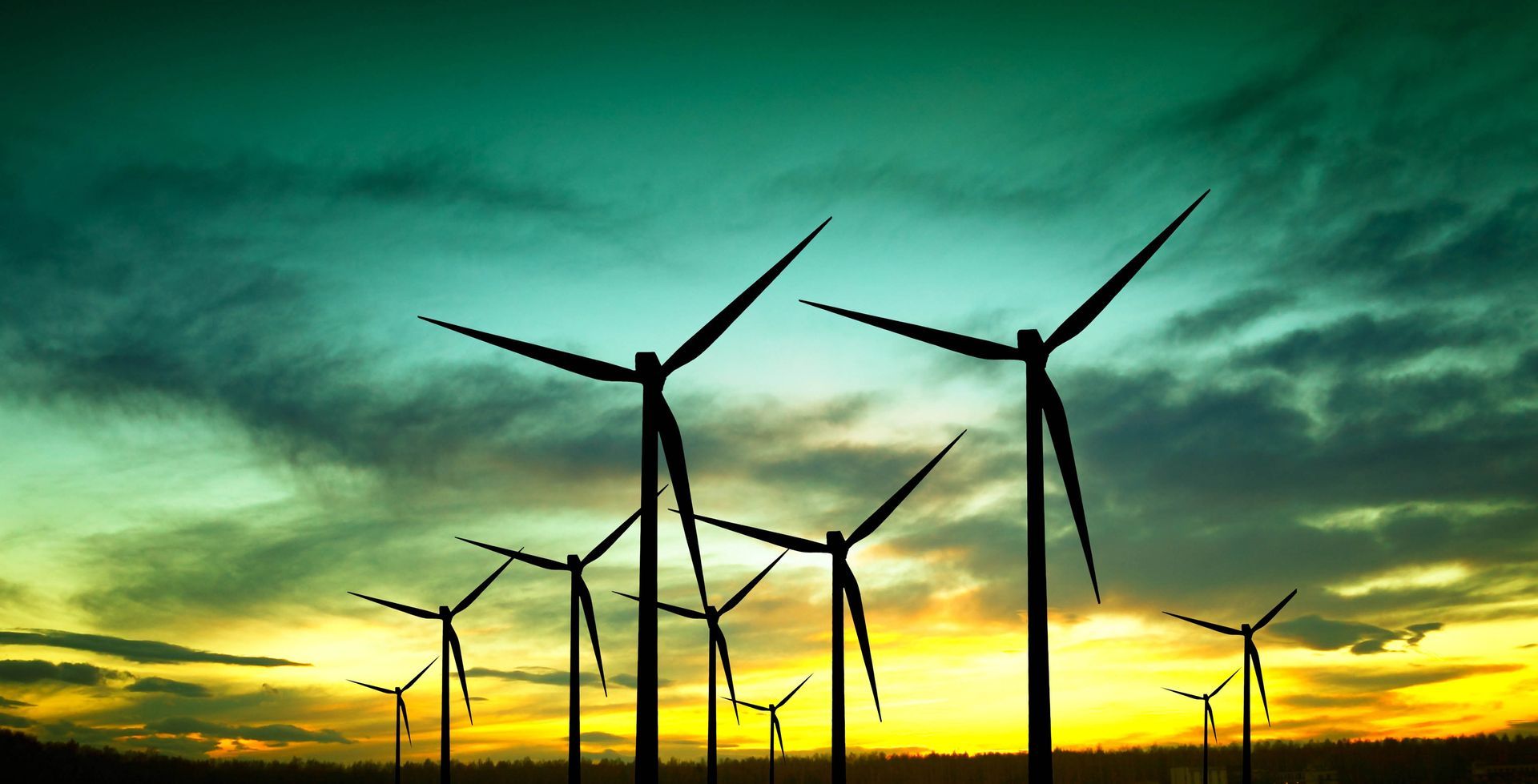



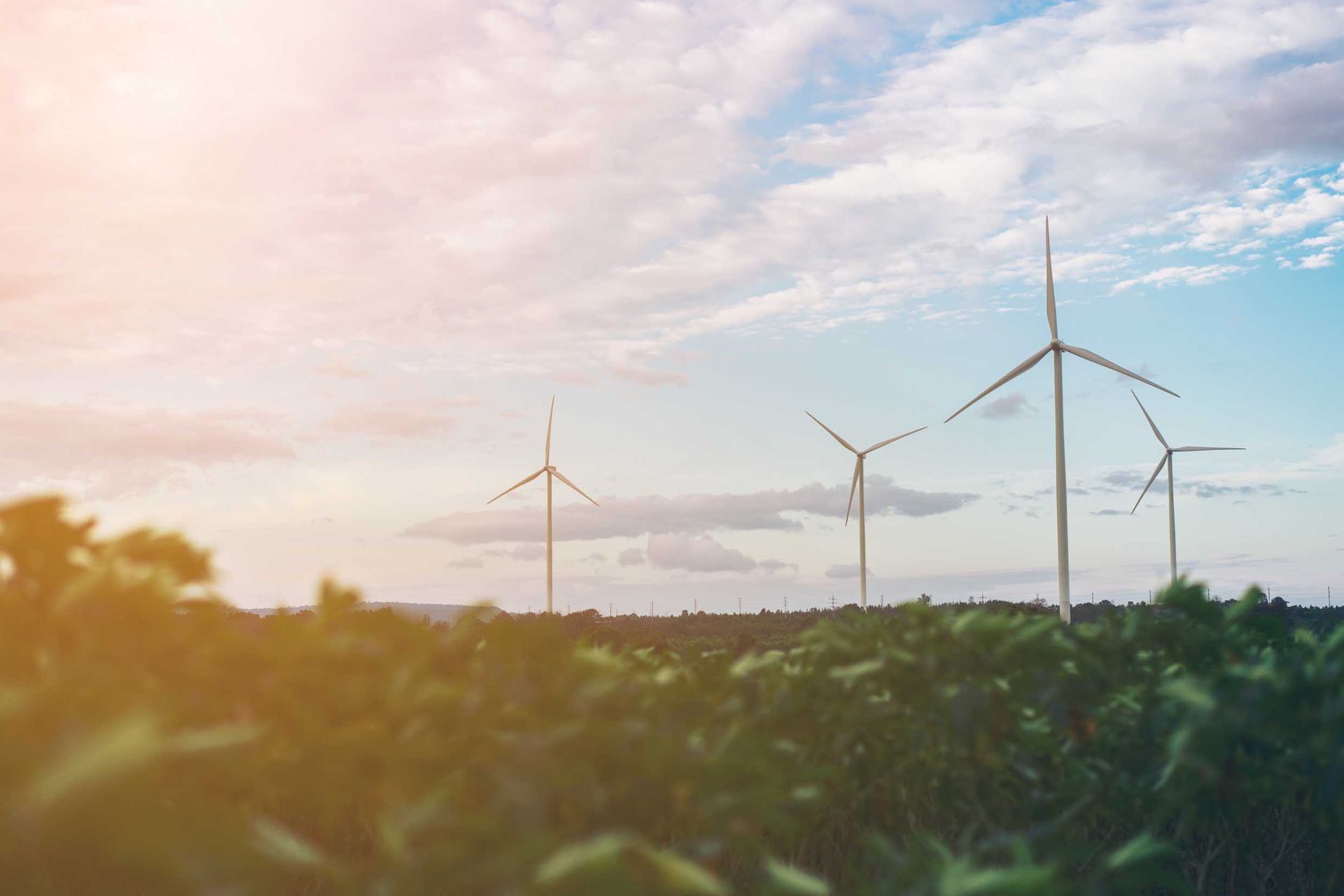

BOOK YOUR 30-MINUTE ENERGY MANAGEMENT CONSULTATION
Fill in your details below to arrange a complimentary consultation with one of our experts. They will give you bespoke advice to help your business achieve all its energy needs, reducing cost, consumption and carbon.
OUR OFFICES
ASHBY DE LA ZOUCH
1 Ivanhoe Office Park
Ivanhoe Park Way
Ashby de la Zouch
Leicestershire, LE65 2AB
BLACKPOOL
109-112
Lancaster House
Amy Johnson Way
Blackpool, FY4 2RP
BRISTOL
Hanover House
Queen Charlotte Street, Bristol, BS1 4EX
SITTINGBOURNE
The Oast
62 Bell Road
Sittingbourne
Kent, ME10 4HE
About Optimised
Popular Pages
Subscribe

